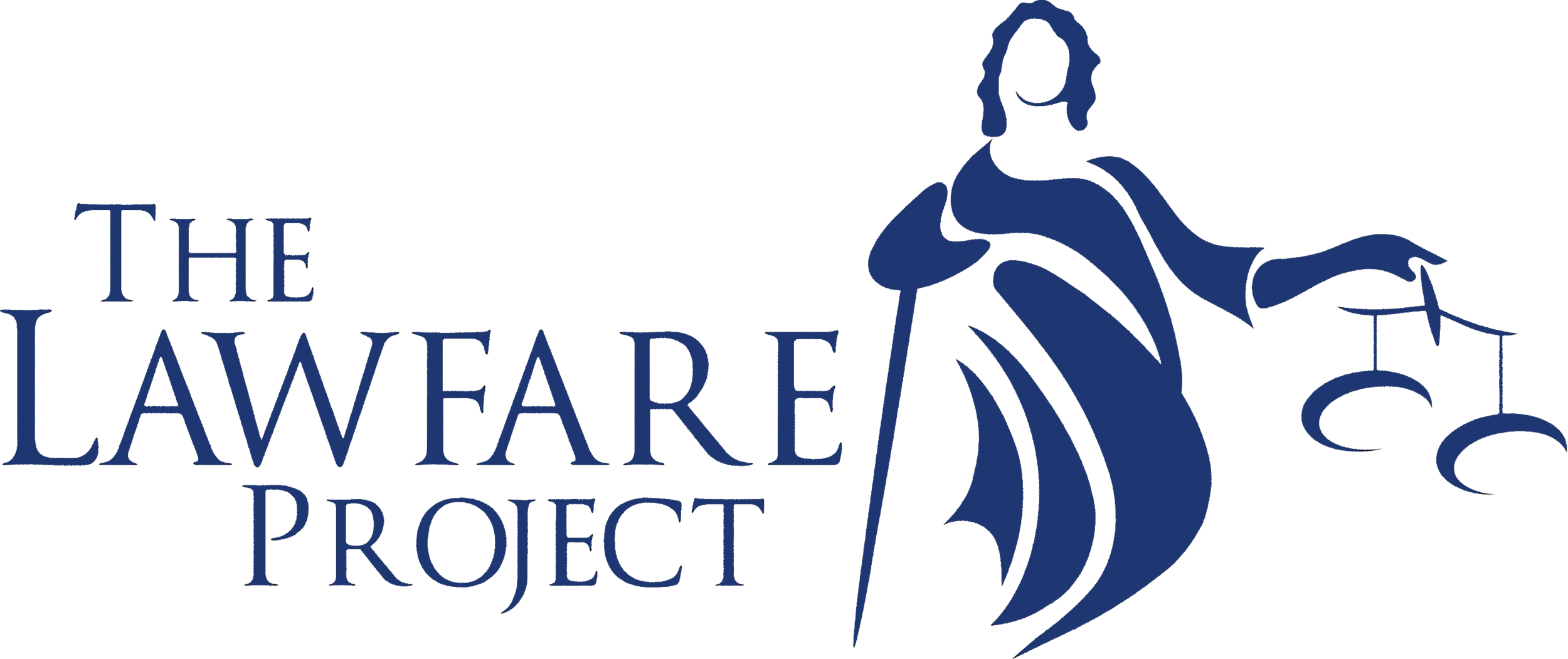Head of UN Goldstone Report Follow Up Panel Resigns
The Broader Implications of Christian Tomuschat’s Resignation
On December 1st, Ynetnews.com reported that Christian Tomuschat has resigned from the UN Goldstone Report follow-up panel “for unknown reasons.” While there was certainly ample reason to call for Mr. Tomuschat’s resignation on the basis of his demonstrable anti-Israel bias, his resignation carries with it larger implications, and should be viewed in a broader context.
As The Lawfare Project’s director Brooke Goldstein noted in her article “Lawfare: Shared Implications for the United States and Israel,”
Delegitimizing a nation’s court system could well give rise to a finding that it is “unwilling” to prosecute its soldiers for ‘war crimes.’ This seems to be the strategy vis-à-vis Israel. German judge Christian Tomuschat, who is heading up the UN panel charged with reviewing the implementation of the Goldstone report’s demands, authored a 2002 study entitled “The Individual Threatened by the Fight Against Terrorism?” In that study, he not only broadly equated Israeli counter-terrorism operations with terrorism itself, he categorically stated that when counter-terrorism is concerned, “there is little hope that the judicial system of the state concerned will conduct effective investigations and punish the responsible agents. Nowhere have excesses committed by security forces been adequately punished.” See Benjamin Weinthal, Goldstone Committee Head Denies Bias, Jerusalem Post, July 25, 2010, available at http://www.jpost.com/International/Article.aspx?id=182483.
The Rome Statute of the International Criminal Court contains a provision whereby the Prosecutor may initiate and continue a prosecution for ‘war crimes’ despitea nation’s own internal investigation, if he finds “the State is unwilling or unable genuinely to carry out the investigation or prosecution.” Were the ICC Prosecutor to follow Mr. Tomuschat’s logic, every nation engaged in counter-terrorism would run the risk of an ICC investigation, conceivably even without having ratified the Rome Statute. In 2009, the ICC Prosecutor stated that he was looking into allegations of war crimes committed by United States and NATO forces in Afghanistan, but as Reuters reported at the time, “there would be no need for an ICC investigation if the Afghan authorities launch credible proceedings of their own,” regardless of the fact that the United States has refused to ratify the Rome Statute because of the possibility that its own judicial proceedings would be marginalized or ignored by a politically motivated Court.
Again, criticism of Mr. Tomuschat’s appointment because of his bias against Israel is valid, but subjective. The fact that he expressed a categorical rejection of the concept that any nation “will conduct effective investigations” into alleged war crimes committed by its soldiers demonstrates a mindset far more fitting for a prosecutor than for the leader of an ostensibly impartial United Nations commission.
